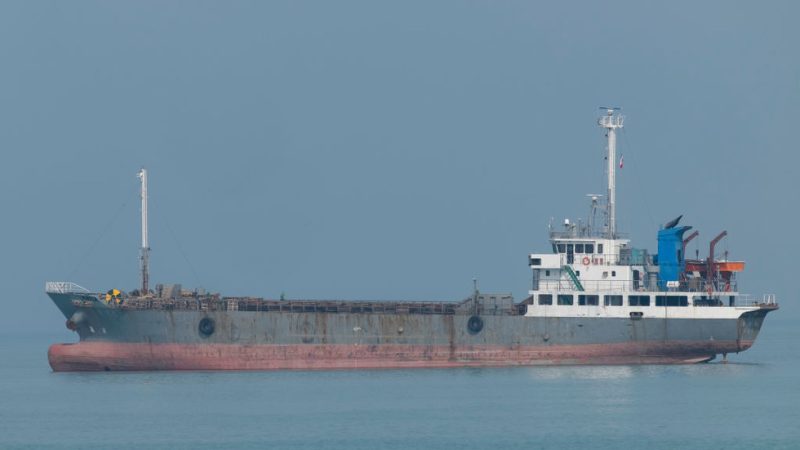
India’s Petroleum and Natural Gas Minister, Hardeep Singh Puri, announced on Sunday that the country possesses sufficient crude oil reserves to meet its needs for several weeks. This assurance comes amidst escalating geopolitical tensions in the Middle East and concerns about potential disruptions to oil supply routes.
This strategic reserve is a result of India’s proactive approach to diversifying its oil import sources in recent years. The country, the world’s third-largest oil importer, has been actively seeking alternative suppliers, reducing its reliance on the Strait of Hormuz, a crucial oil shipping lane that accounts for 20% of global oil supply. While approximately 2 million barrels per day (bpd) of India’s total 5.5 million bpd imports typically transit the Strait of Hormuz, the government’s diversification strategy has mitigated the potential impact of any disruptions.
Puri emphasized the government’s commitment to ensuring energy security for Indian citizens, stating that all necessary steps will be taken to maintain a stable fuel supply. The minister highlighted the Modi administration’s leadership in this diversification effort, which has proven particularly valuable in light of recent geopolitical events.
The ongoing conflict in Ukraine has also significantly influenced India’s energy strategy. India and China have increased their purchases of Russian crude oil, with Russia supplying over 35% of India’s oil imports in March. This surge in imports from Russia, reaching approximately 1.8 million bpd in May – the highest in 10 months – has solidified Russia’s position as a key oil supplier to India. The demand for lighter Russian grades, particularly ESPO crude from the Eastern Siberian-Pacific Ocean pipeline, is expected to remain strong through July.
This strategic diversification, coupled with existing reserves, provides India with a buffer against potential supply chain disruptions from the Middle East, demonstrating a robust and resilient approach to national energy security.









